Iranians flock to polls in first vote since nuclear deal

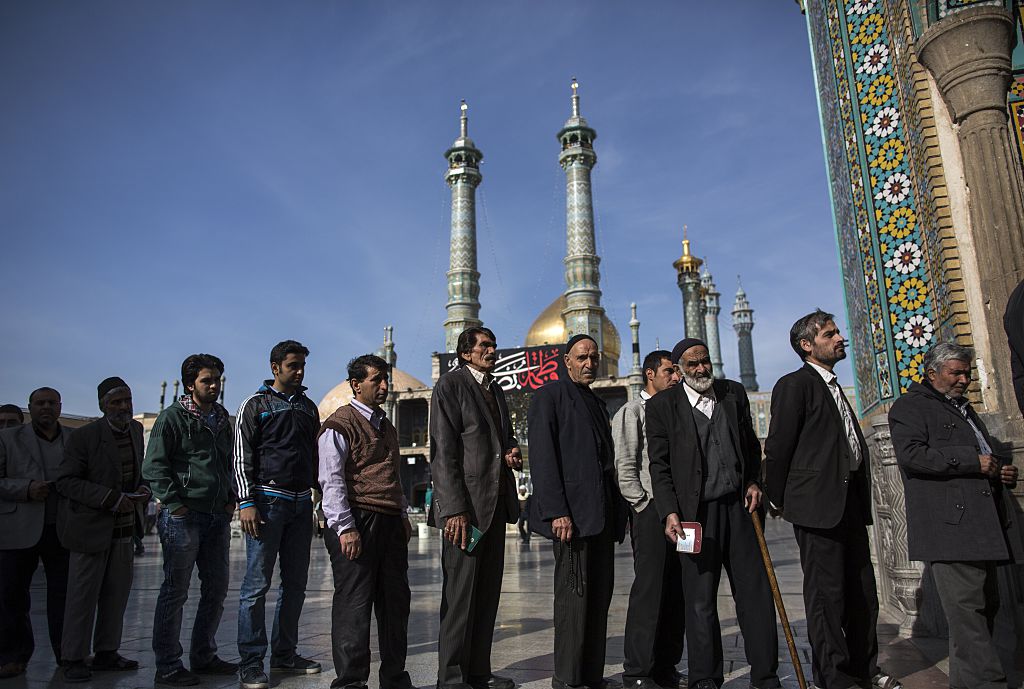
On Friday, Iranians lined up outside polling places to vote in the first national elections since Iran reached a nuclear agreement with the U.S. and other world powers last year. At stake are all 290 seats in parliament and 88 seats in the Assembly of Experts, the body of clerics that picks the supreme leader and may well pick the successor to Ayatollah Ali Khamenei, who is 76 and has dealt with health problems. Both bodies are currently controlled by conservatives.
Khamenei, a hardliner opposed to Western influence, urged Iranians to vote, saying "turnout in the elections should be so high to disappoint our enemies." The moderates and reformists led by President Hassan Rouhani would like to use the diplomatic thaw of the nuclear deal to attract Western investment and create jobs. Iran's system of government invests a lot of power in the supreme leader and the Guardian Council, which approves all laws and has already put its stamp on the election by rejecting most of the moderate and nearly all of the reformist candidates who registered to run.
There are more than 6,200 candidates approved to run for the 290 seats in parliament, including about 450 women, but with an average of 17 candidates running for each seat, runoff elections are likely in many races — a candidate needs 25 percent of the vote to win outright.
The Week
Escape your echo chamber. Get the facts behind the news, plus analysis from multiple perspectives.

Sign up for The Week's Free Newsletters
From our morning news briefing to a weekly Good News Newsletter, get the best of The Week delivered directly to your inbox.
From our morning news briefing to a weekly Good News Newsletter, get the best of The Week delivered directly to your inbox.
A free daily email with the biggest news stories of the day – and the best features from TheWeek.com
Peter has worked as a news and culture writer and editor at The Week since the site's launch in 2008. He covers politics, world affairs, religion and cultural currents. His journalism career began as a copy editor at a financial newswire and has included editorial positions at The New York Times Magazine, Facts on File, and Oregon State University.
-
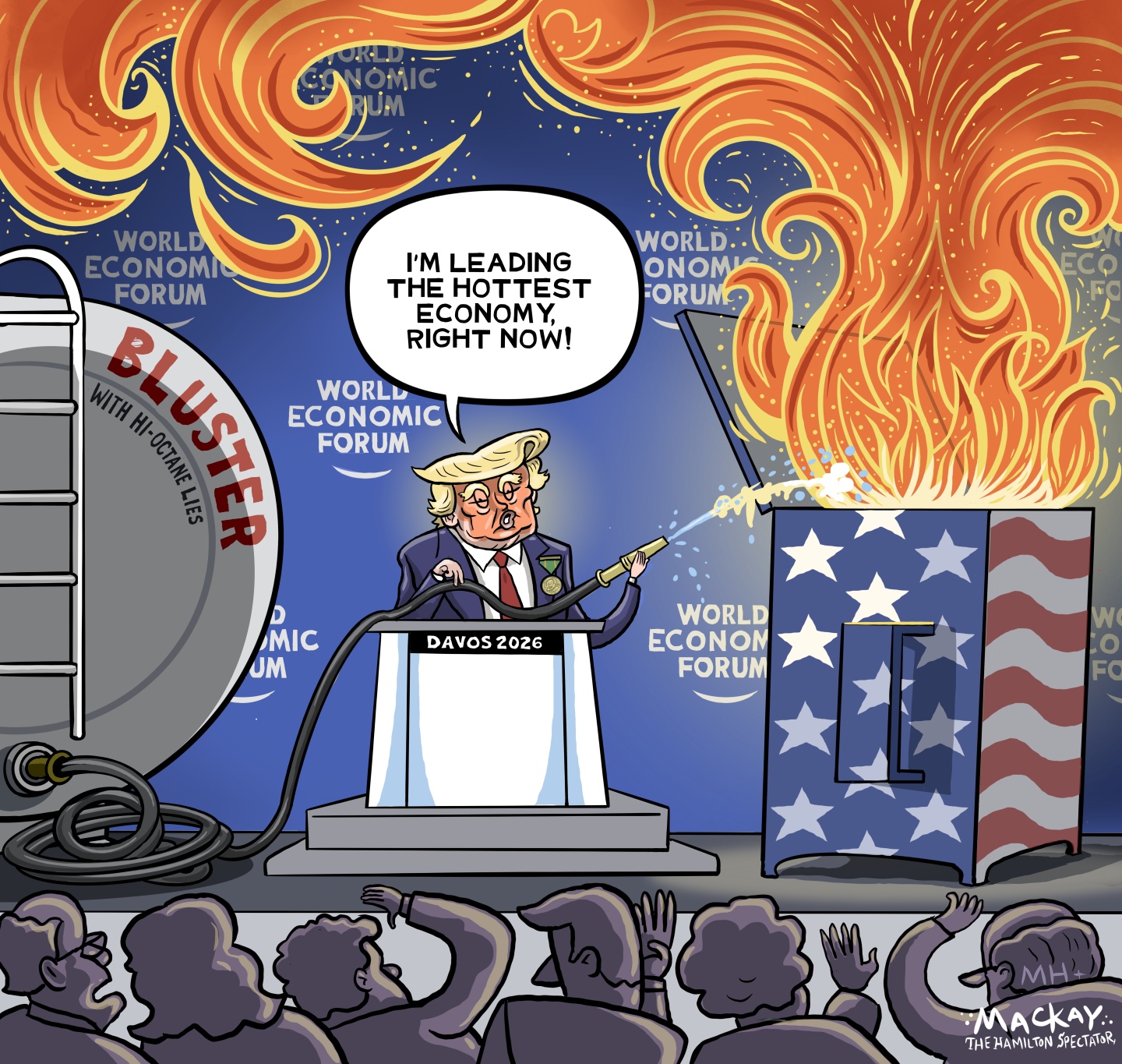 Political cartoons for January 25
Political cartoons for January 25Cartoons Sunday's political cartoons include a hot economy, A.I. wisdom, and more
-
 Le Pen back in the dock: the trial that’s shaking France
Le Pen back in the dock: the trial that’s shaking FranceIn the Spotlight Appealing her four-year conviction for embezzlement, the Rassemblement National leader faces an uncertain political future, whatever the result
-
 The doctors’ strikes
The doctors’ strikesThe Explainer Resident doctors working for NHS England are currently voting on whether to go out on strike again this year
-
 The billionaires’ wealth tax: a catastrophe for California?
The billionaires’ wealth tax: a catastrophe for California?Talking Point Peter Thiel and Larry Page preparing to change state residency
-
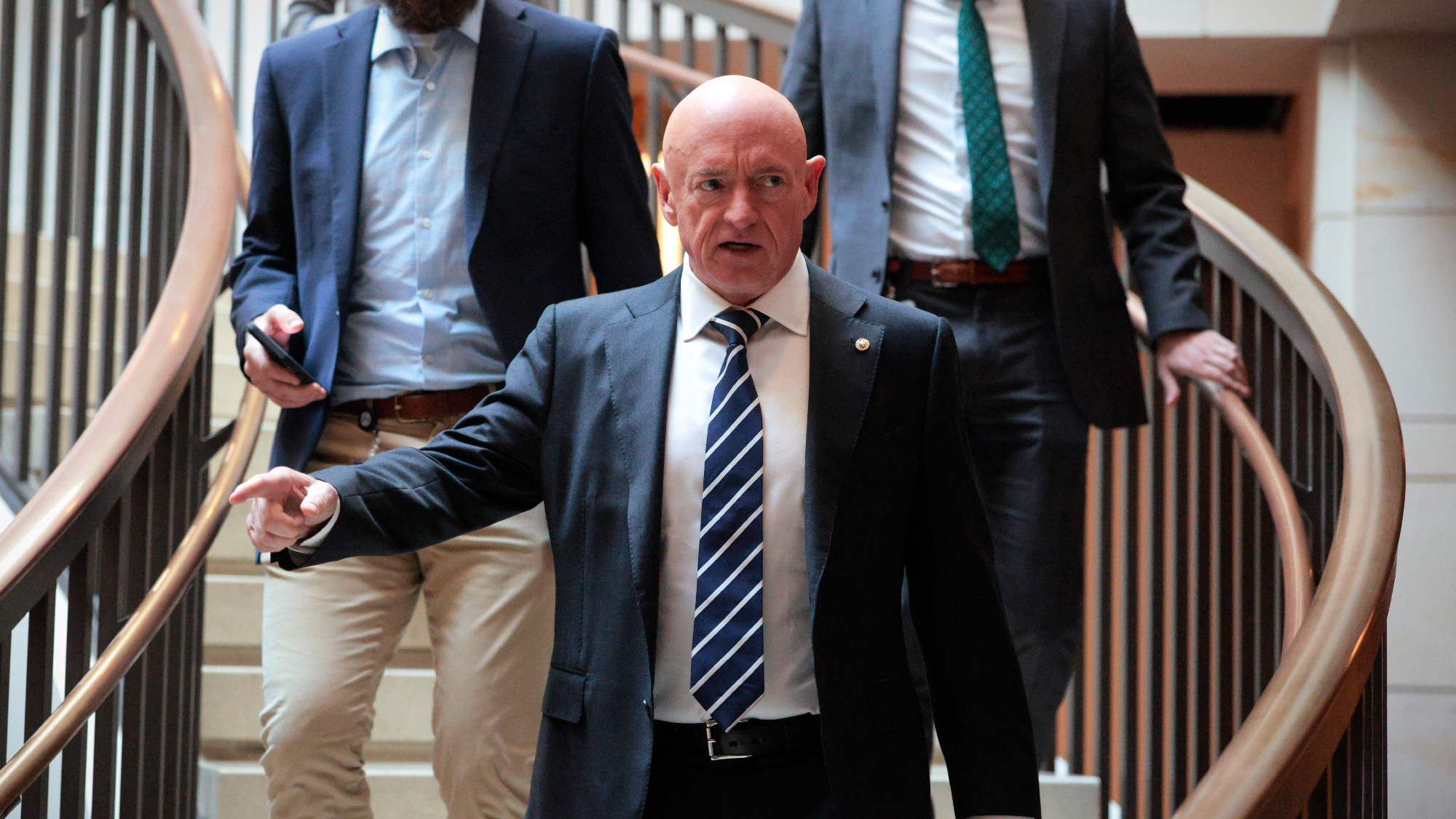 Hegseth moves to demote Sen. Kelly over video
Hegseth moves to demote Sen. Kelly over videospeed read Retired Navy fighter pilot Mark Kelly appeared in a video reminding military service members that they can ‘refuse illegal orders’
-
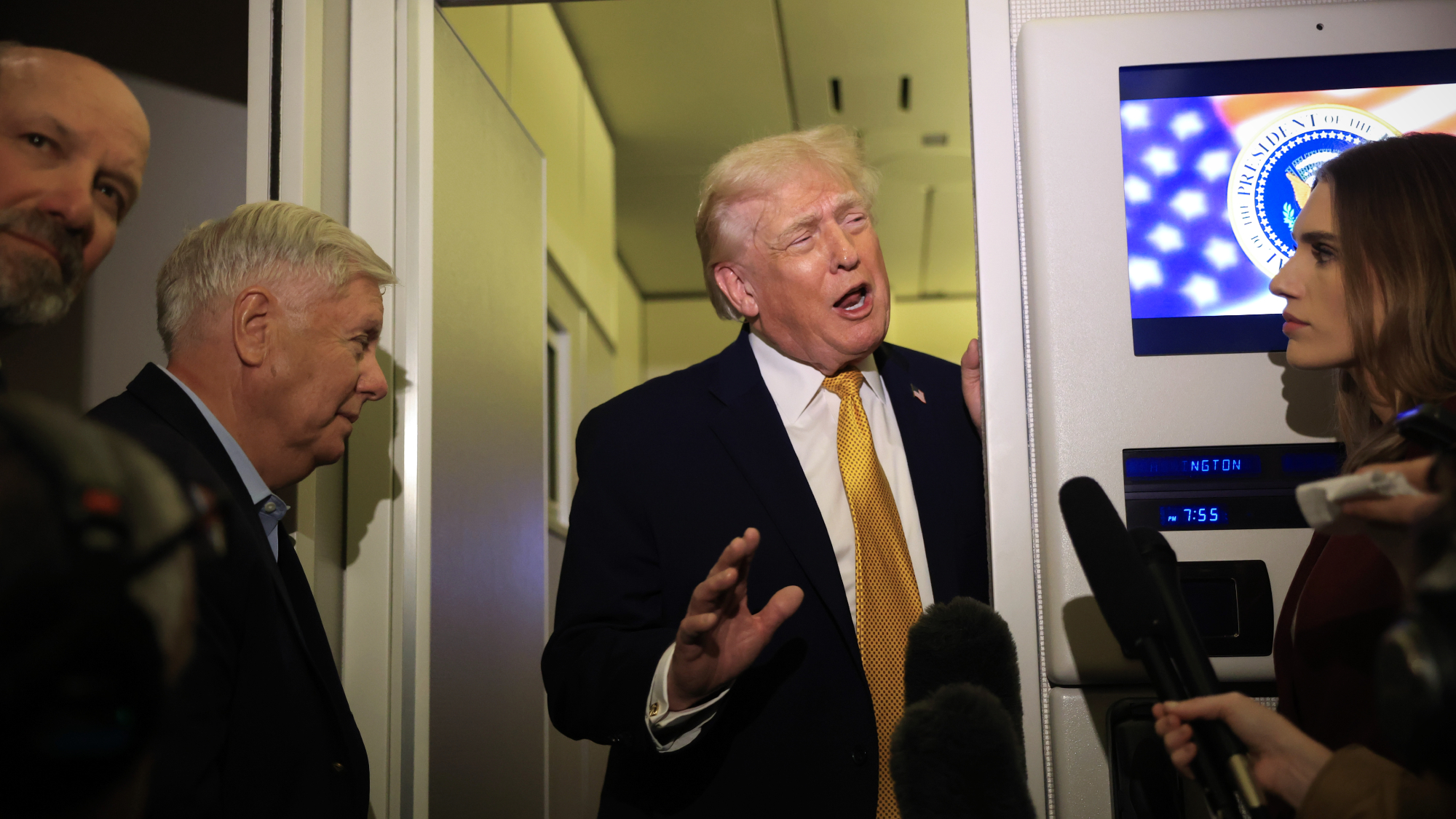 Trump says US ‘in charge’ of Venezuela after Maduro grab
Trump says US ‘in charge’ of Venezuela after Maduro grabSpeed Read The American president claims the US will ‘run’ Venezuela for an unspecified amount of time, contradicting a statement from Secretary of State Marco Rubio
-
 Bari Weiss’ ‘60 Minutes’ scandal is about more than one report
Bari Weiss’ ‘60 Minutes’ scandal is about more than one reportIN THE SPOTLIGHT By blocking an approved segment on a controversial prison holding US deportees in El Salvador, the editor-in-chief of CBS News has become the main story
-
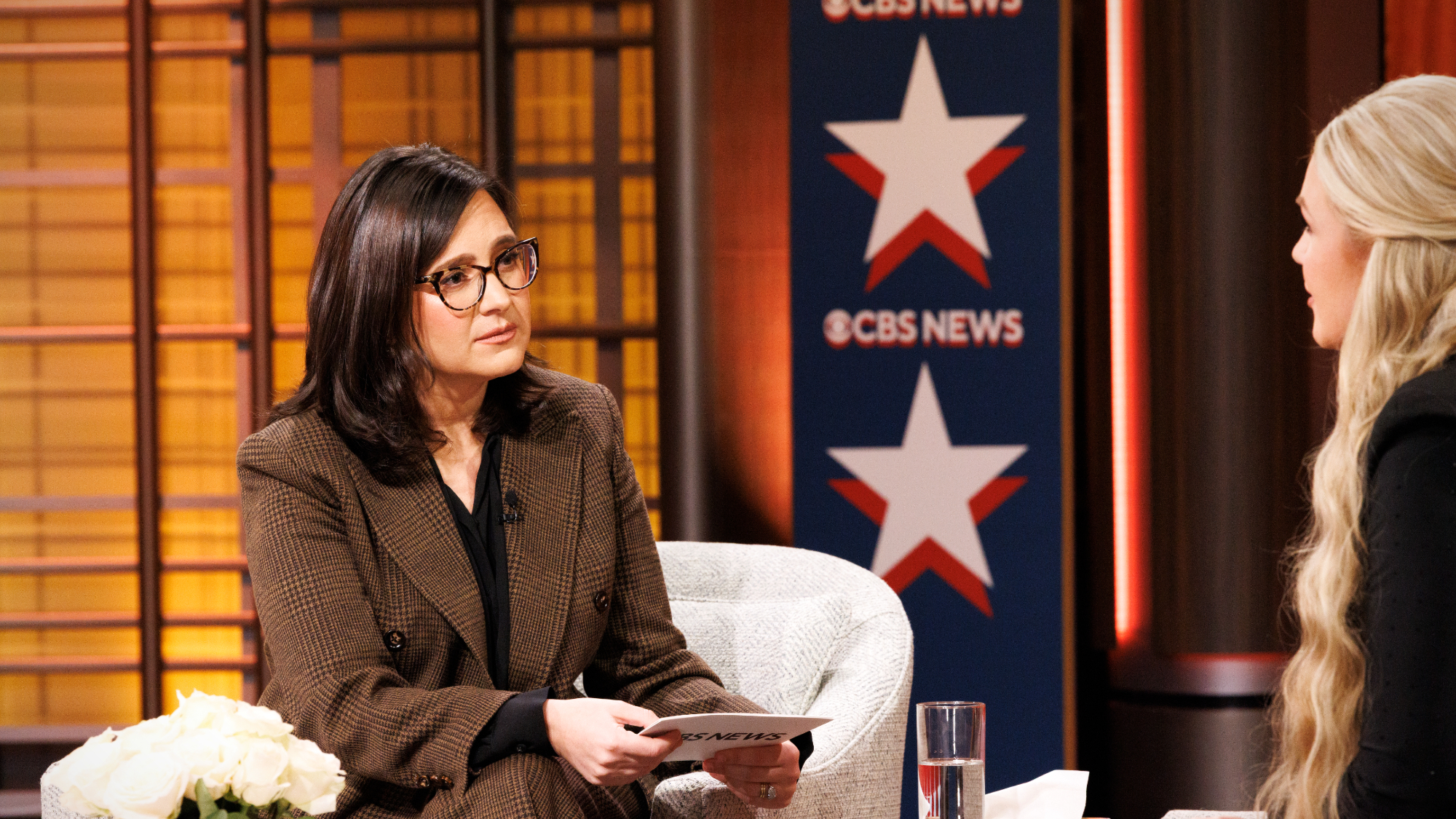 CBS pulls ‘60 Minutes’ report on Trump deportees
CBS pulls ‘60 Minutes’ report on Trump deporteesSpeed Read An investigation into the deportations of Venezuelan migrants to El Salvador’s notorious prison was scrapped
-
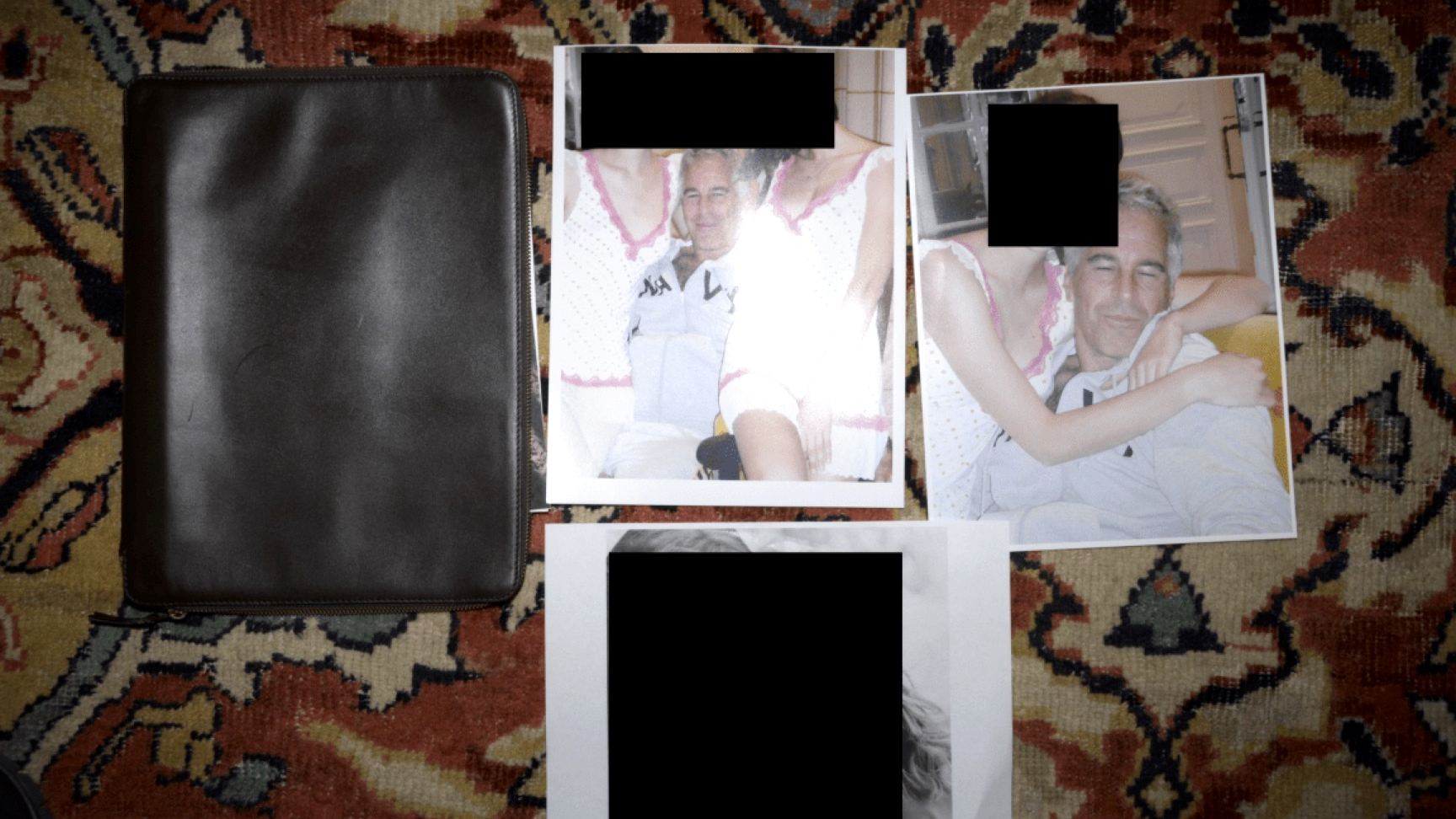 Trump administration posts sliver of Epstein files
Trump administration posts sliver of Epstein filesSpeed Read Many of the Justice Department documents were heavily redacted, though new photos of both Donald Trump and Bill Clinton emerged
-
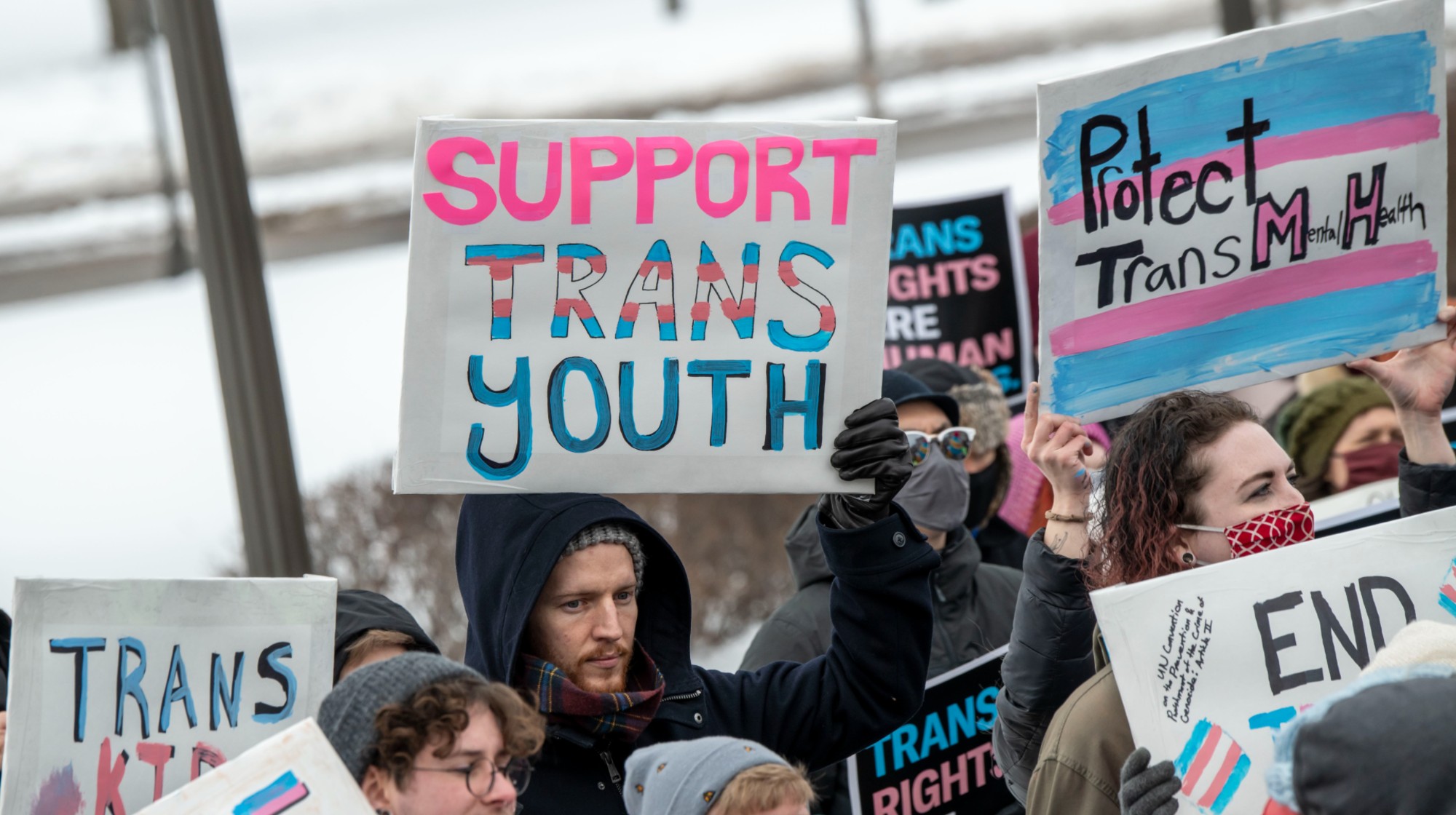 Trump HHS moves to end care for trans youth
Trump HHS moves to end care for trans youthSpeed Read The administration is making sweeping proposals that would eliminate gender-affirming care for Americans under age 18
-
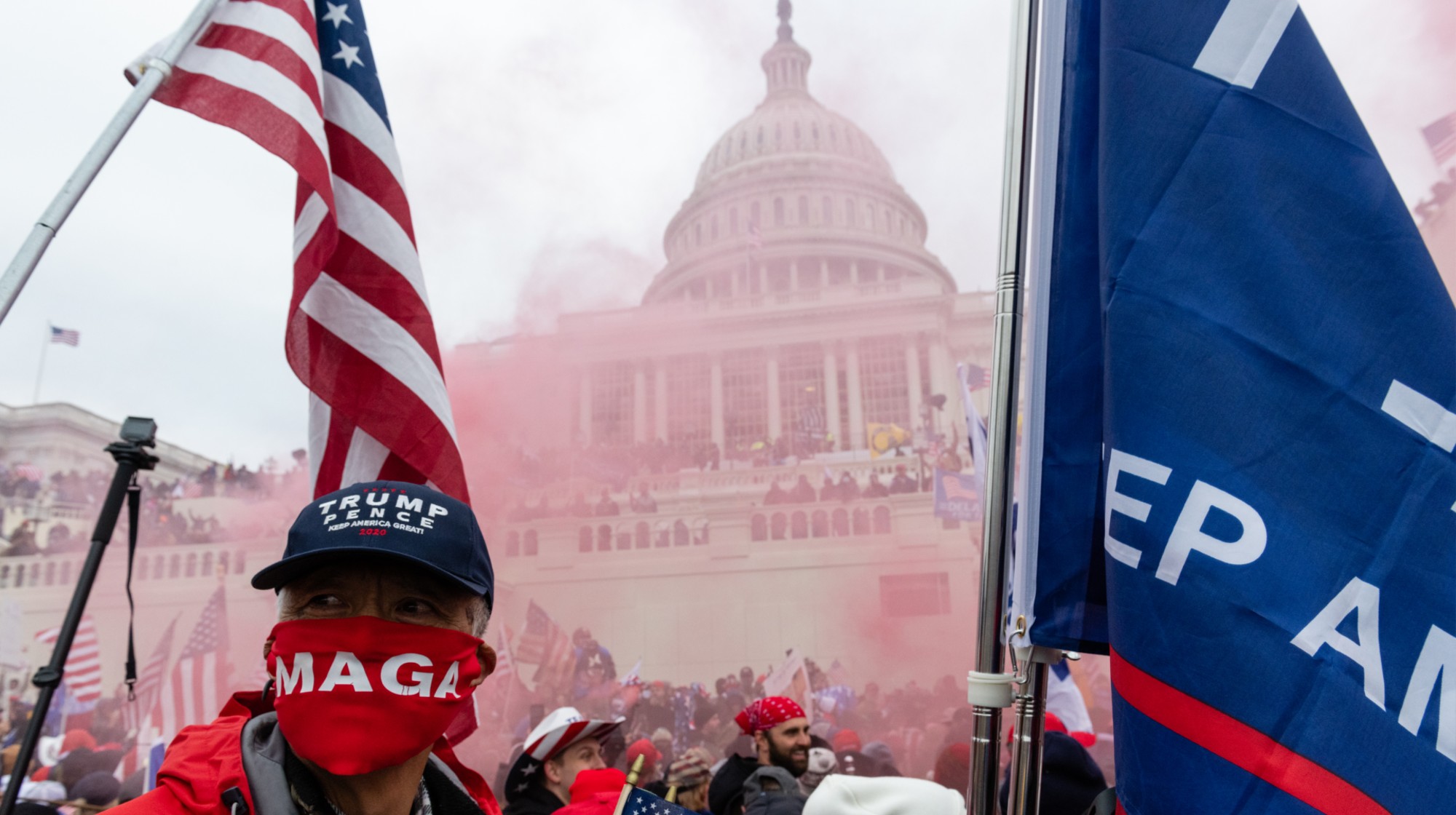 Jack Smith tells House of ‘proof’ of Trump’s crimes
Jack Smith tells House of ‘proof’ of Trump’s crimesSpeed Read President Donald Trump ‘engaged in a criminal scheme to overturn the results of the 2020 presidential election,’ hoarded classified documents and ‘repeatedly tried to obstruct justice’
